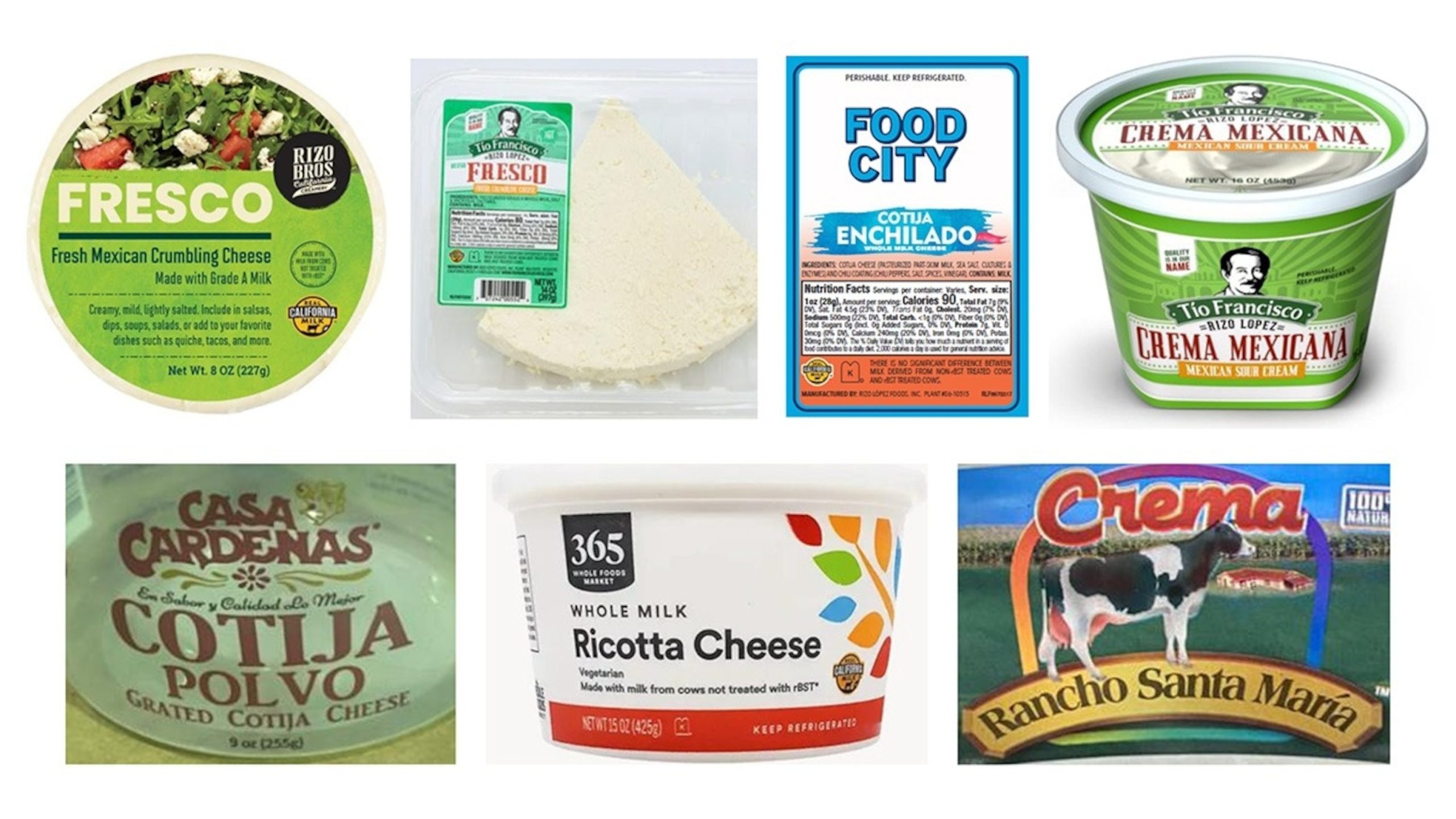The Centers for Disease Control and Prevention (CDC) has issued a warning regarding a potential listeria outbreak that may be linked to recalled dairy products in seven states. Listeria monocytogenes is a bacterium that can cause severe illness, especially in individuals with weakened immune systems, pregnant women, newborns, and the elderly.
The CDC has reported that there have been several cases of listeria infection in recent weeks, with seven states affected so far. These states include Connecticut, Massachusetts, New Jersey, New York, Pennsylvania, Rhode Island, and Virginia. The outbreak has resulted in several hospitalizations and at least one death.
The source of the outbreak has been traced back to certain dairy products that have been recalled by various manufacturers. The recalled products include soft cheeses, such as queso fresco, queso blanco, and queso panela. These products are commonly consumed by Hispanic communities and are often made from unpasteurized milk.
Listeria can contaminate dairy products during the production process or through cross-contamination. It can survive in refrigerated conditions and can even grow at low temperatures. Therefore, it is crucial to handle and store dairy products properly to prevent the growth of this harmful bacterium.
Symptoms of listeria infection may include fever, muscle aches, headache, stiff neck, confusion, loss of balance, and convulsions. In pregnant women, listeria infection can lead to miscarriage, stillbirth, premature delivery, or life-threatening infection in the newborn. The elderly and those with weakened immune systems are also at higher risk of severe illness or even death from listeria infection.
If you have consumed any recalled dairy products and are experiencing any of these symptoms, it is important to seek medical attention immediately. Listeria infection can be diagnosed through laboratory testing of bodily fluids or tissue samples.
To prevent listeria infection, the CDC recommends the following precautions:
1. Check for recalls: Stay updated on any recalls or warnings issued by the CDC or the Food and Drug Administration (FDA). If you have any recalled dairy products, discard them immediately or return them to the place of purchase.
2. Practice safe food handling: Wash your hands thoroughly before and after handling food. Clean and sanitize all surfaces and utensils that come into contact with dairy products. Separate raw and cooked foods to avoid cross-contamination.
3. Cook food thoroughly: Ensure that dairy products made from unpasteurized milk are heated to a safe temperature before consumption. This will help kill any potential bacteria, including listeria.
4. Store food properly: Refrigerate perishable dairy products promptly and maintain a refrigerator temperature below 40°F (4°C). Consume these products within their expiration dates and discard any that have passed their use-by dates.
5. Be cautious during pregnancy: Pregnant women should avoid consuming soft cheeses made from unpasteurized milk. It is also advisable to reheat deli meats and hot dogs until they are steaming hot before eating.
The CDC is working closely with state health departments, the FDA, and other partners to investigate the source of the outbreak and prevent further infections. They are conducting traceback investigations to identify the specific brands and sources of the recalled dairy products.
In conclusion, the CDC’s warning about a potential listeria outbreak connected to recalled dairy products in seven states highlights the importance of food safety practices. It is crucial to stay informed about recalls, handle and store food properly, and seek medical attention if experiencing symptoms of listeria infection. By following these guidelines, individuals can protect themselves and their families from this harmful bacterium.



